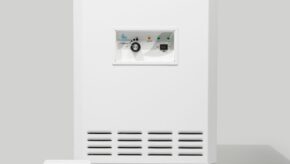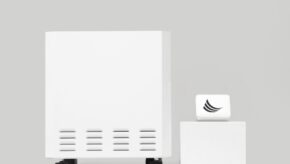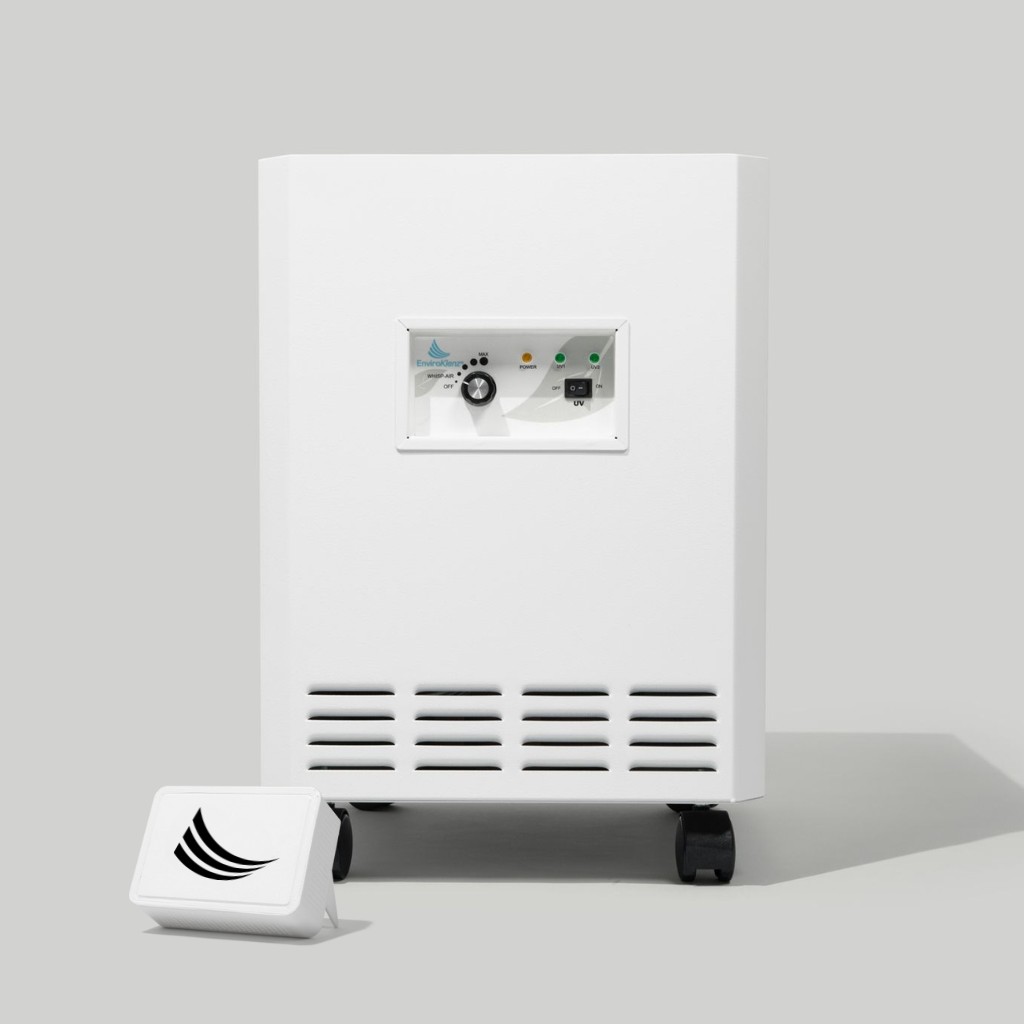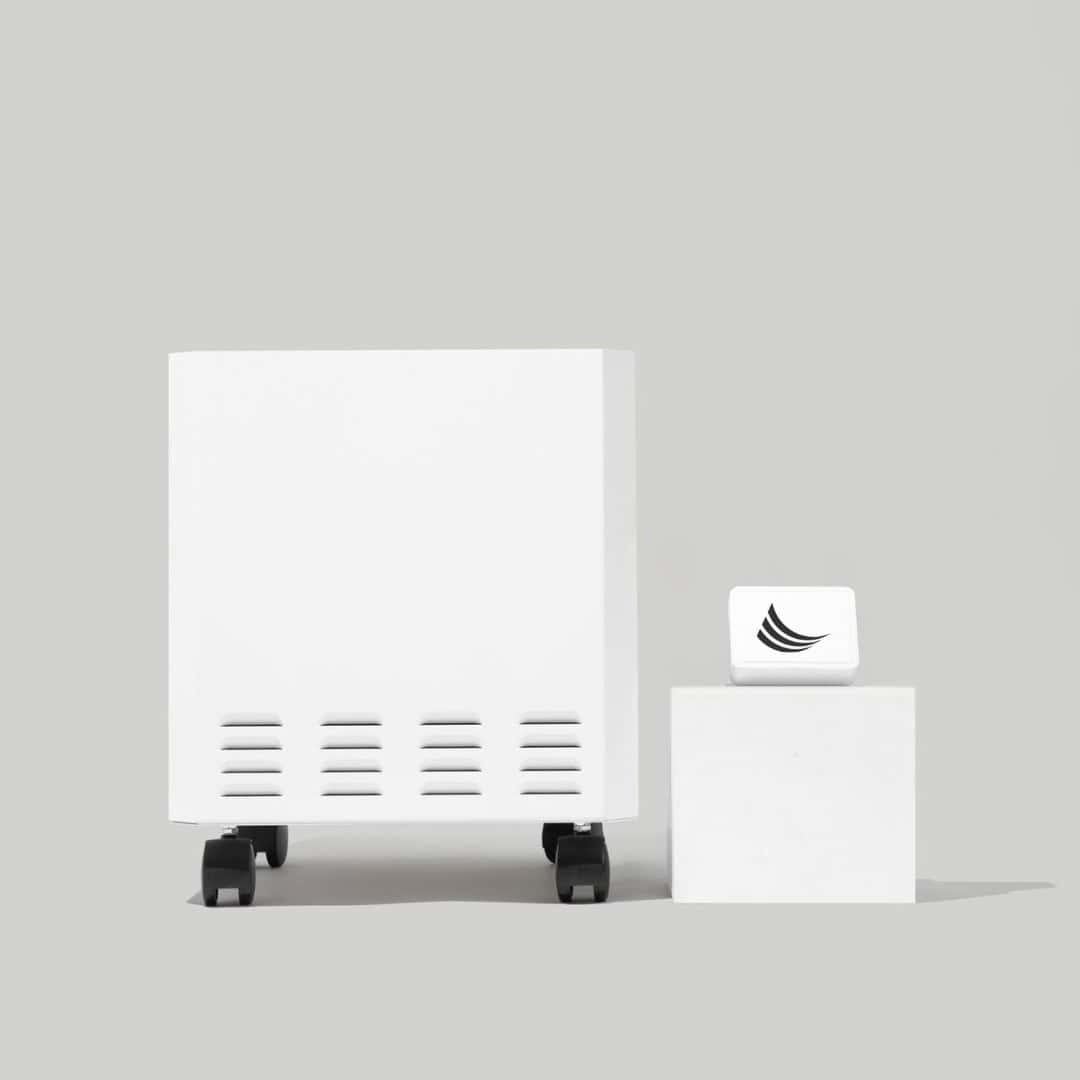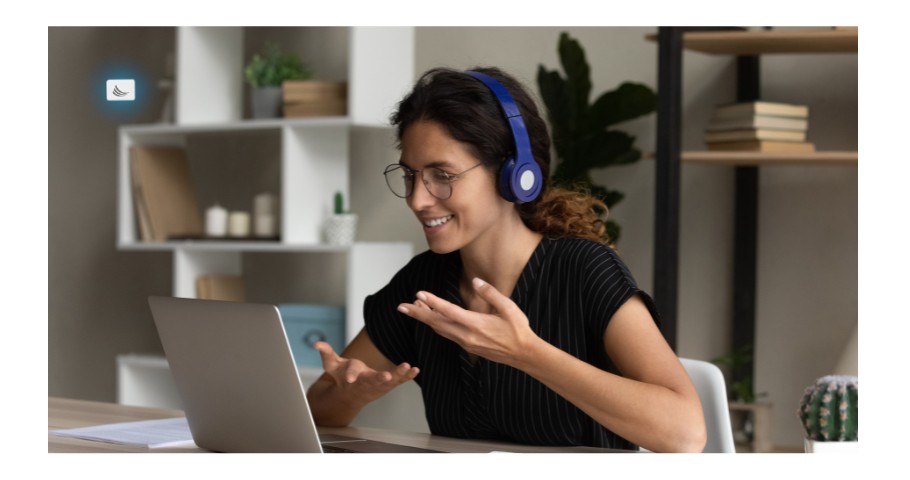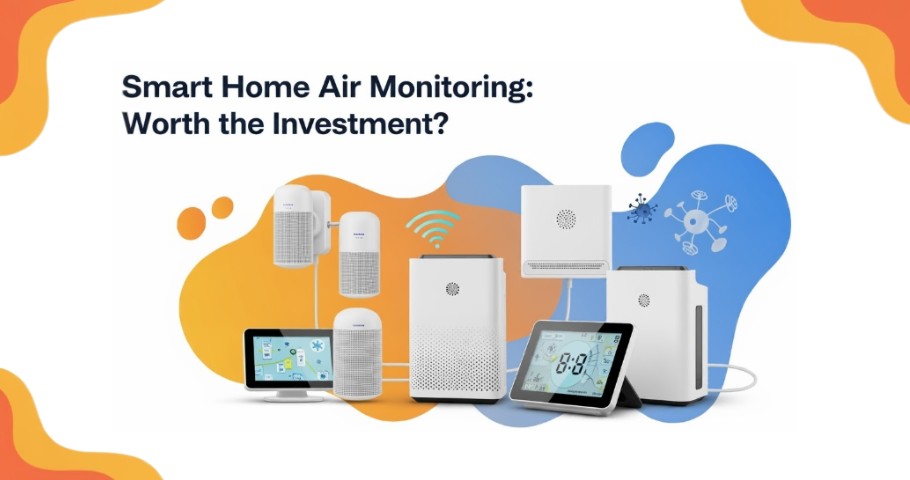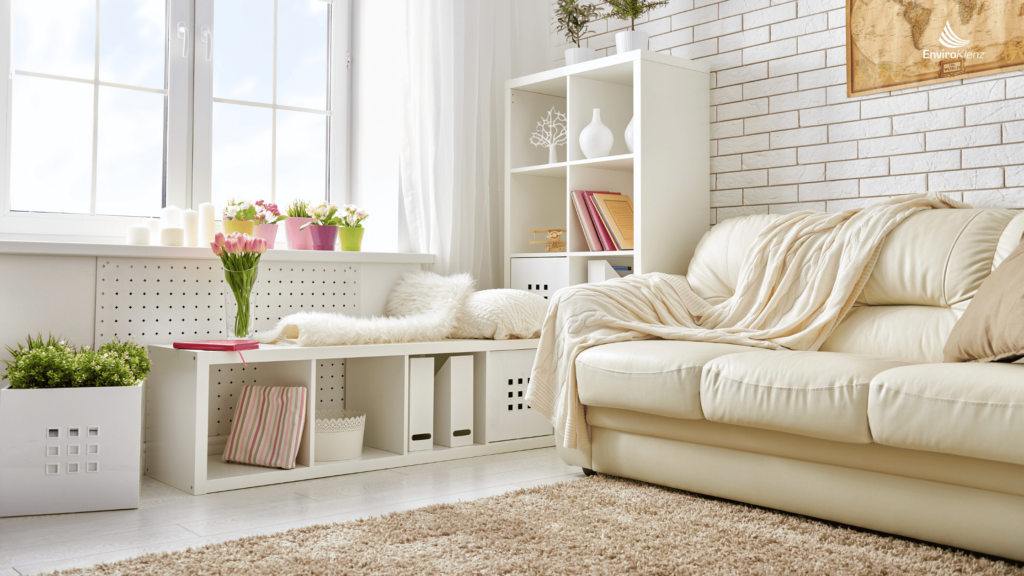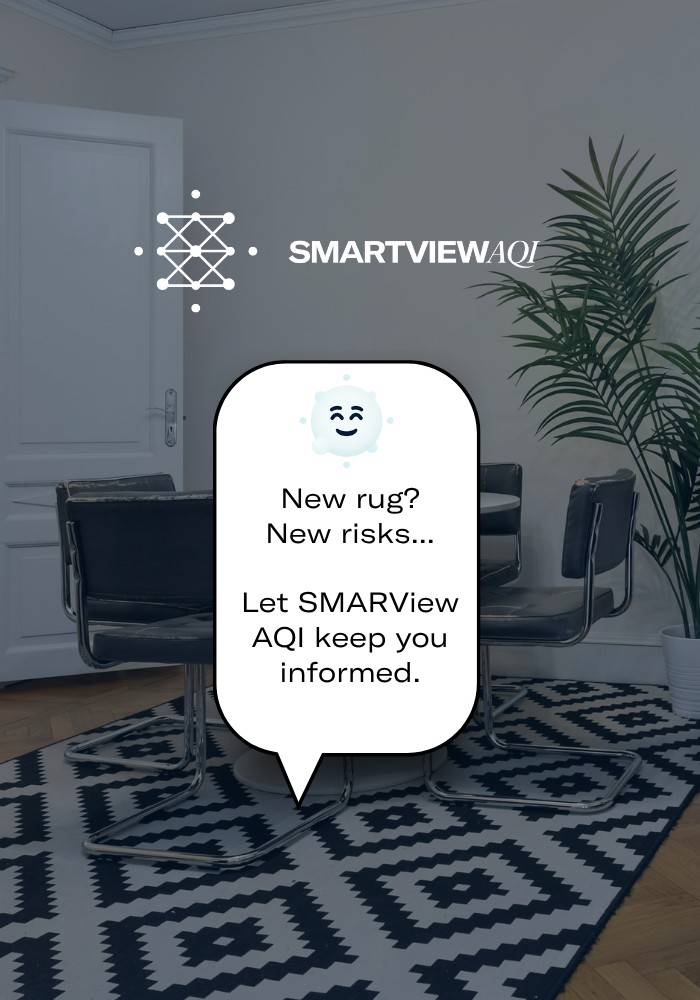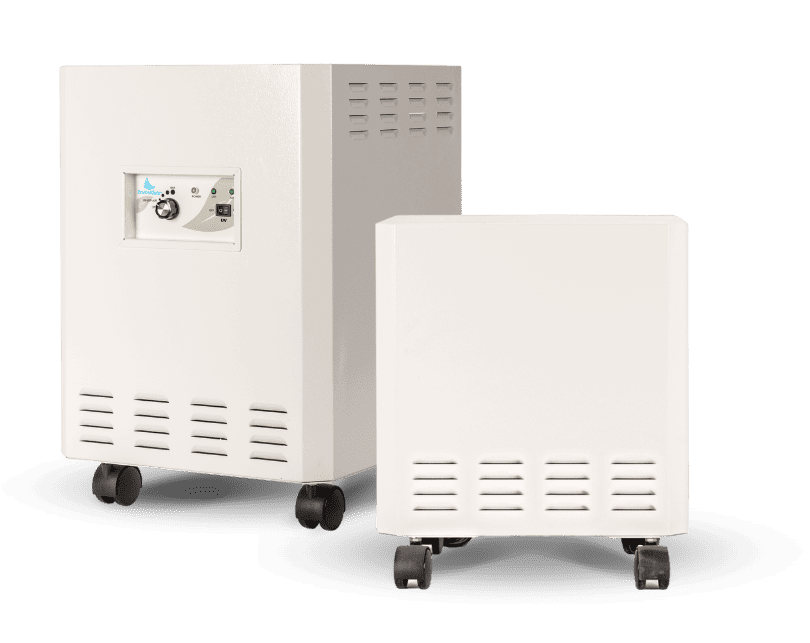When you purchase a new rug or new carpeting for your home, oftentimes we are simply oblivious to the construction of these new fabric materials being placed in the sacred area of your home. Rugs and carpeting can sometimes be made using toxic fabrics that are known to produce and release hazardous chemical compounds into the air that can significantly compromise the air quality and even the health of those occupants exposed in the home to these chemicals in the air. There are a variety of materials for consumers to select from when purchasing a rug or selecting new carpeting to have placed in their home, anything from natural fibers to synthetic materials – which most of these synthetic fabrics are made using plastics like nylon and polypropylene.
Polypropylene is a synthetic material that is constructed of different chemicals and materials that can be potentially toxic when placed within an indoor environment. This material can be used in many rugs and carpeting and is classified as a potentially dangerous material to have used in your home.
In this article, we are going to discuss the toxicity of polypropylene rugs and carpets and learn the best ways to clean and remove off-gassing from this material in the air of your home.
Read more: How To Improve Air Quality At Home
What is polypropylene fabric?
Polypropylene is a synthetic fabric that is derived from hydrocarbon fuels that have the potential to negatively impact the environment. The polypropylene plastic can stay in the environment for a very long time and can take nearly hundreds of years for this material to decompose, according to Sewport.
One of the main benefits of this type of fabric is its ability to transfer moisture, this means that the fabric will not absorb any moisture rather it will allow for the moisture to completely pass through the polypropylene fabric entirely. Although this capability of the material is a major perk, there are other major dangerous factors of the material that can contribute to impacts on your indoor environment. There are various different chemicals that are used to construct polypropylene products such as carpeting and rugs, chemicals that can be released into the indoor environment, and plague the air quality of this space.
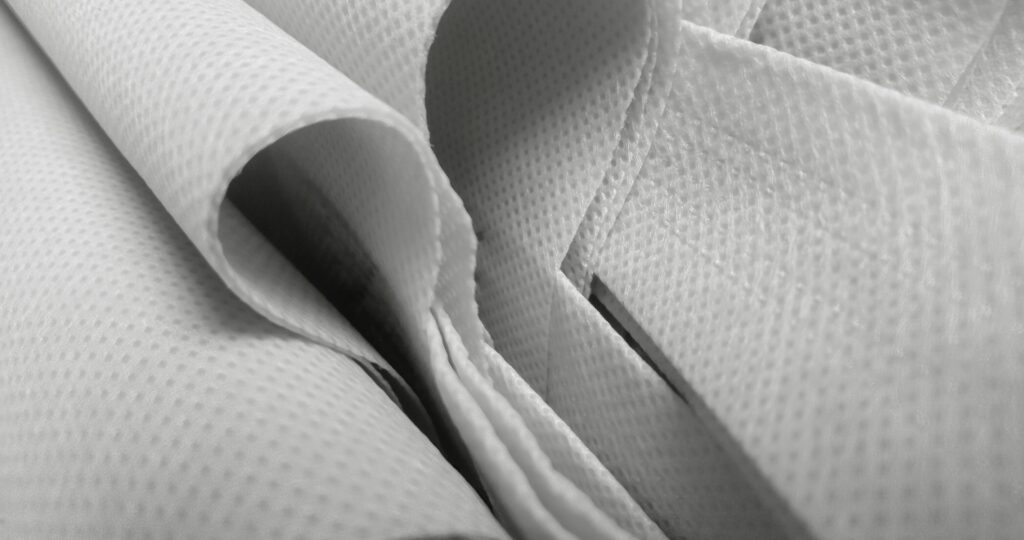
Polypropylene Rugs Pros and Cons
Olefin fabric, also known as polypropylene is a versatile fiber that is typically used to construct rugs and carpeting that are placed in the home. Most rugs and carpets can be composed using a range of different materials including wool, cotton, acrylic, nylon, and even polyester. Nylon is a popular synthetic fabric that is frequently used to make these types of household items, however, recently the new trendy polypropylene fabric is gaining popularity as more and more people are selecting this textile for their homes. Similar to any type of fabric, there are pros and cons to polypropylene rugs, with many benefits and disadvantages that this fabric will present to the indoor space.
Pros:
- Polypropylene is a more economical material that can be both visually appealing and good on the pocketbook
- This material is staining resistant
- Perfect for outdoor use to do its capability to resist moisture
- Easy to clean and durable fabric
Cons:
- Sensitive to heat and friction, as the material has a melting point at around 300 degrees Fahrenheit
- The quality of polypropylene rugs deteriorates from exposure to heavy sunlight
- Contains toxic byproducts that can be hazardous when inhaled into the human body, as VOCs are off-gassed from the material
Is polypropylene toxic to humans?
Did you know that most synthetic carpets and rugs are made from nylon fibers with a polypropylene backing? When polypropylene backs are used on these materials it can have the potential to release over 40 chemicals into the environment’s air, including styrene and 4-phenylcuclohexane (4-PC), according to Ecology Center. If you have ever installed new carpeting into your home or placed a brand-new rug in your living space, then you will most likely be aware of the smell that is typically emitted from these new items in your home. This smell is often times associated with VOCs like benzene, toluene, and 4-PC (the main VOC chemical that contributes to this “new” odor released from rugs and carpets).
Volatile organic compounds (VOCs) are compounds that are emitted into the air as a gas that forms from solids and liquids in the environment. The chemical compounds are known to be highly hazardous and can have a significant effect on both the indoor air quality in the environment, as well as the health of those individuals that are exposed to these chemicals in their personal indoor air. A major source of VOCs in an indoor environment can be the introduction of new carpeting or rugs into the environment – especially those containing polypropylene. According to the Environmental Protection Agency (EPA), they state the following in reference to the impact of VOCs on human health;
“The ability of organic chemicals to cause health effects can vary greatly from those that are highly toxic, to those with no known health effects. Typically, health effects from VOCs can include eye, nose, and throat irritation, headaches, loss of coordination, nausea, damage to liver, kidney, and central nervous system.”
Environmental Protection Agent
Polypropylene rugs off-gassing
Off-gassing is the process of VOCs turning from a solid or liquid into a gaseous compound in the air, this occurs when the chemicals are present in a climate-controlled environment and gradually begin its emission of the gas into the air from the chemicals in the carpeting and rug material, like polypropylene material. As the off-gassing process occurs in your indoor environment it will have a substantial impact on the elevation of pollution levels in the indoor air. Additionally, it can promote and elicit the effects to human health which will turn into irritating symptoms such as irritation to the eyes, nose, and throat, along with difficulty breathing and other health symptoms.
The off-gassing process, as we discussed prior, produces a chemical odor in the airspace that will stem from the polypropylene fabric. The EnviroKlenz Carpet & Rug Refresher is a chemical odor-neutralization product that will quickly and easily eliminate chemical odors from fabric materials such as polypropylene fabric.
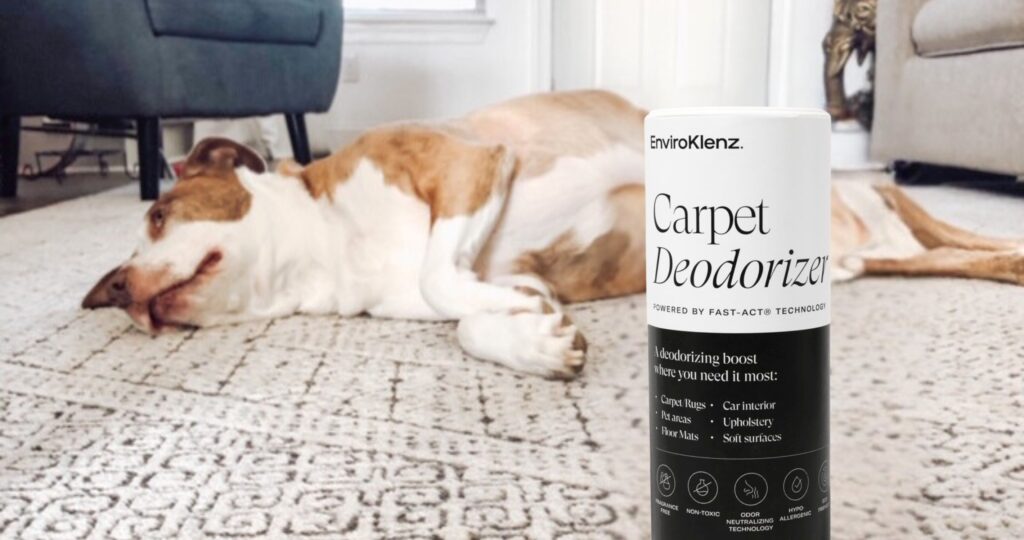
Air purifier for VOC removal
The EnviroKlenz Air Purifier is your solution to remove VOCs from any personal indoor environment such as your home, both safely and effectively. EnviroKlenz utilizes a one-of-a-kind technology that consists of a proprietary blend of earth minerals that work together to contain and neutralize a broad spectrum of noxious and toxic chemicals and odors from the air, without the use of masking agents or the creation of chemical byproducts. This system will be a beneficial addition to your home when you are left dealing with elevated concentrations of chemicals, like VOCs in your home.
Along with the use of this patented technology to remove both noxious and toxic chemicals and odors from the air, the EnviroKlenz Air Purifier also uses a second-stage filtration using a hospital-grade HEPA filter for particulate removal larger than 0.3 microns in size at a 99.99 percent efficiency.
Article Sources:
- Sewport: What is Polypropylene Fabric: Properties, How its Made and Where (link)
- HomeQuicks: Pros and Cons of Using Polypropylene Rugs That You Shouldn’t Ignore (link)
- Ecology Center: Ask the EcoTeam: My New Carpet is Off-Gassing! (link)
- Environmental Protection Agency (EPA): Volatile Organic Compounds’ Impact on Indoor Air Quality (link)
EnviroKlenz® Medical Disclaimer:
“Any information that is provided on this website is not for the use by any commercial or personal entity without expressed written consent of the blog author. The material and statements illustrated within this blog are not intended to diagnose, treat, cure, or prevent any diseases or medical conditions. Nor does the author in any way guarantee or validate the validity, totality, or efficacy of any claims and will therefore not be held responsible for the content of any claims. Always consult your medical physician for any specific medical advice or recommendations.”
